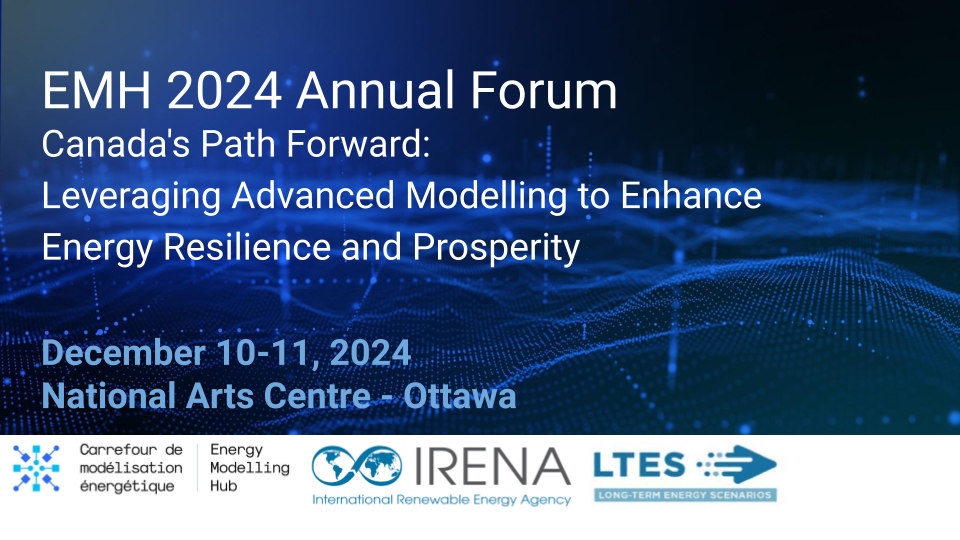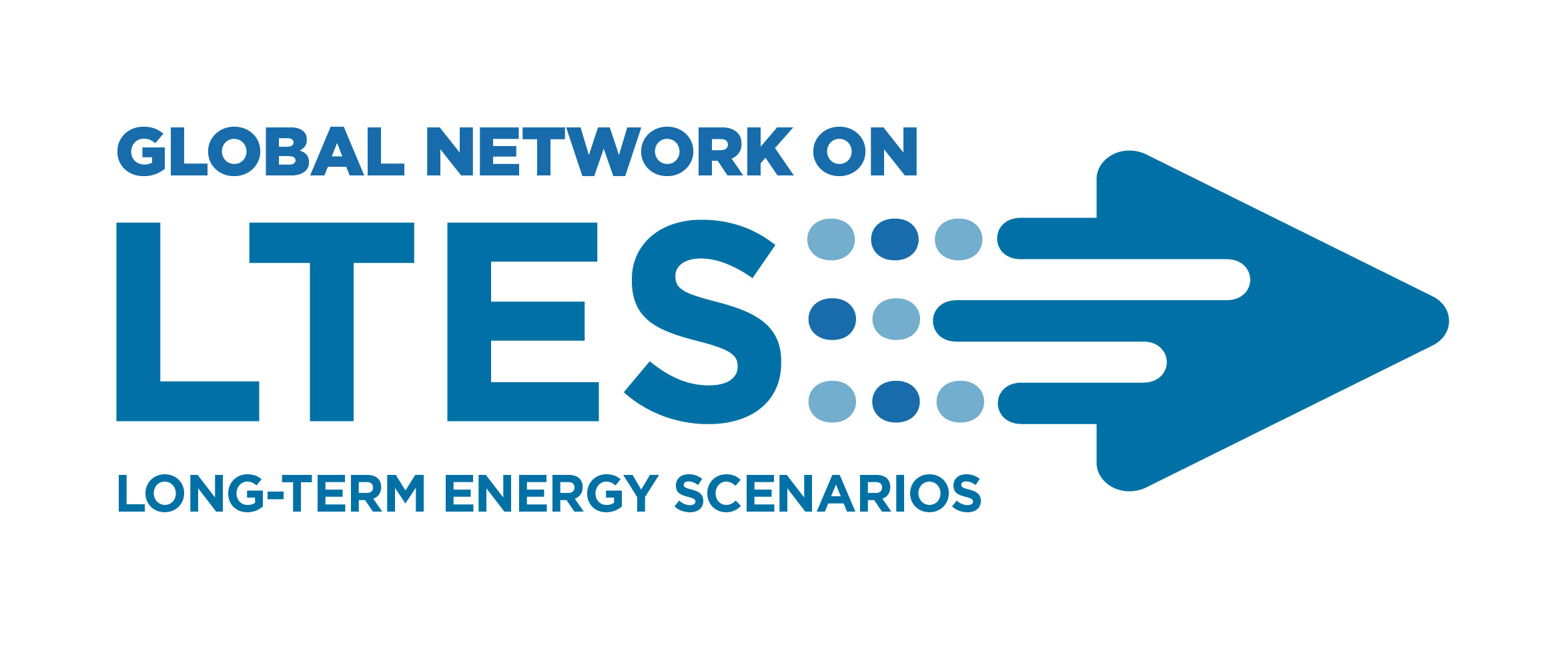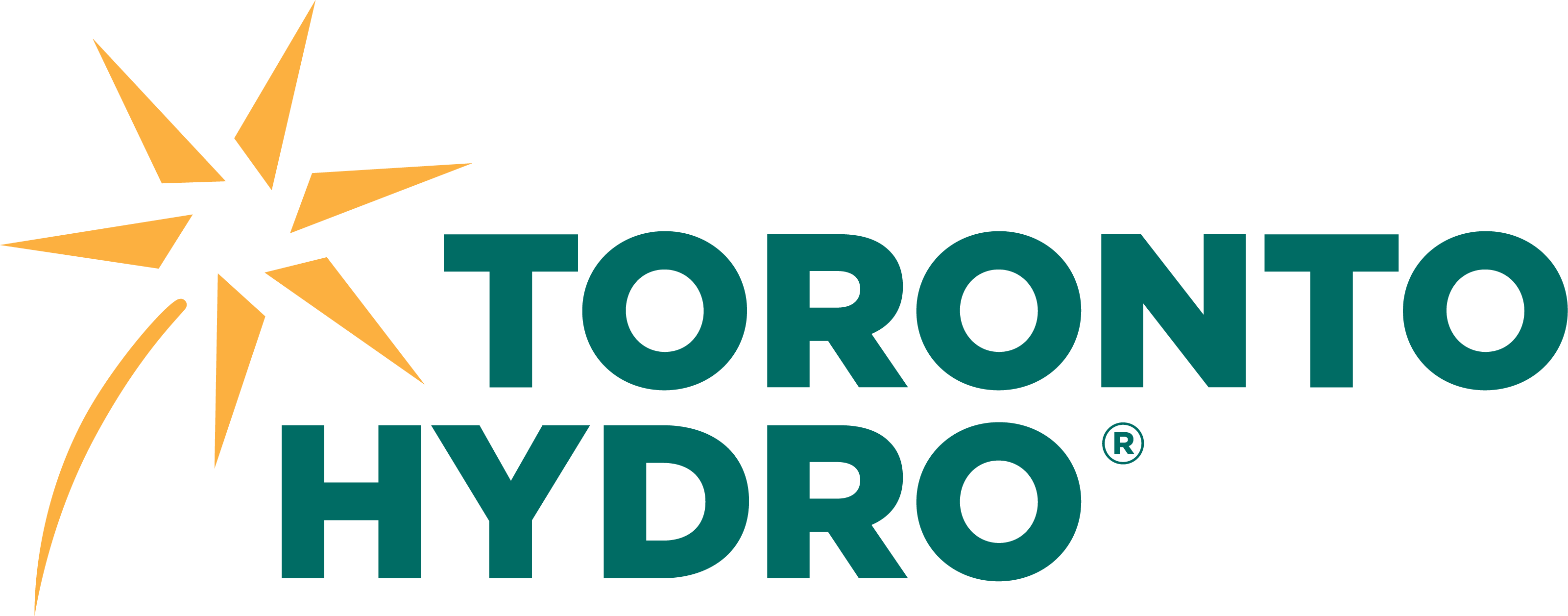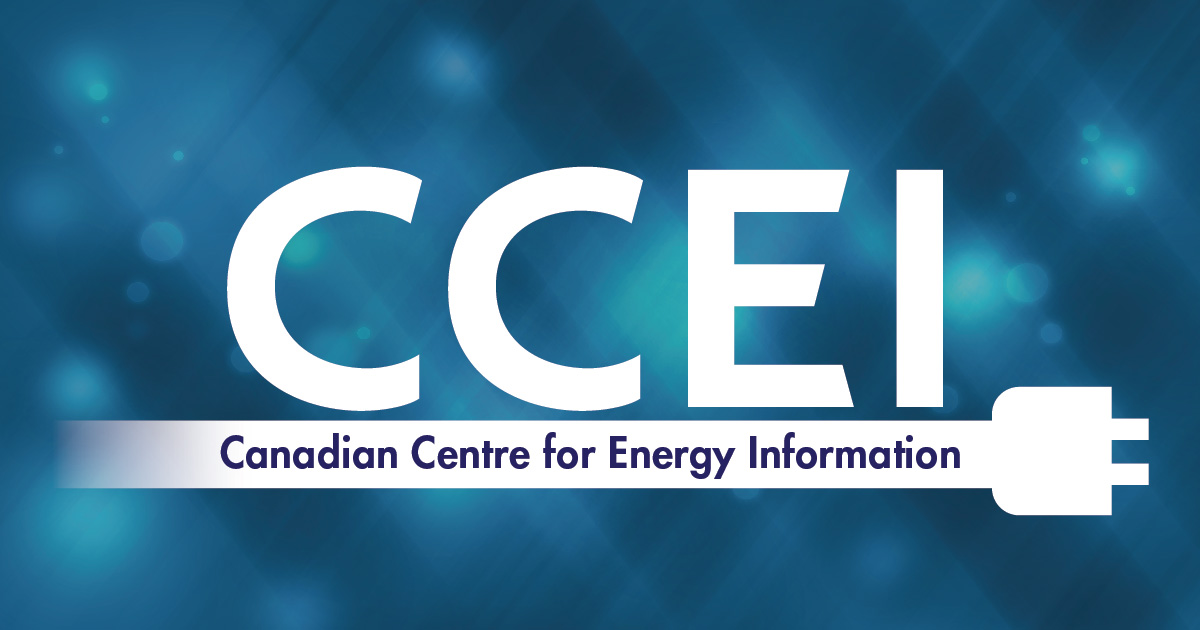We are excited to announce the 2024 EMH Annual Forum, co-hosted once again with the International Renewable Energy Agency (IRENA) on December 10-11 at the National Art Centre in Ottawa. This year, our forum is set to provide a platform for critical insights and forward-thinking discussions over two dynamic days.
Day one is packed with sessions on Modelling Emerging Technologies, Model Comparison, addressing Innovations and Challenges in Distribution Systems, and panels on Data Driven Decision Making, as well as AI and Optimization.
Day two shifts focus to Policymaking and Decision-Making Discussions, featuring topics on Strengthening System Reliability, the Economic Realities of Energy Transitions, and Sustainability Considerations in Energy Transitions. Continuing our tradition, we will spotlight the Energy Modelling Ecosystem Initiative, and we are excited to introduce a new feature this year: a poster pitch competition.
While each day is geared toward specific interests, the forum is structured to be valuable and engaging for all attendees, anticipating 250-300 in-person participants.
Join us for this pivotal event, designed to arm both technical modellers and policy professionals with the latest tools and insights necessary to influence the energy sector’s evolution. Connect with peers, engage in critical debates, and be part of pioneering solutions at the forefront of energy transformation.










